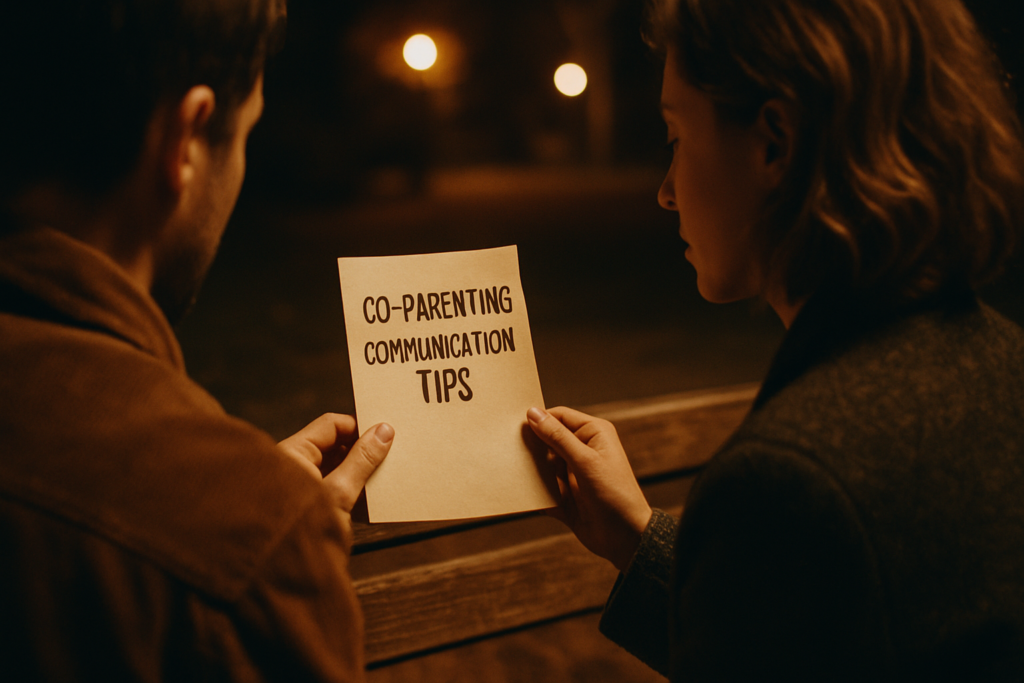Navigating the complexities of co-parenting can be both rewarding and challenging. As a co-parent myself, I understand the importance of prioritizing self-care while juggling the responsibilities of raising children in two separate households.
In this article, I’ll share valuable insights on how to maintain your mental well-being as a co-parent, ensuring you can show up as your best self for your children. Balancing co-parenting duties with personal well-being is crucial for fostering a healthy environment for your children.
From setting boundaries to practicing mindfulness, I’ll delve into practical strategies that can help you navigate the emotional rollercoaster that often comes with co-parenting. Join me as we explore the art of self-care for co-parents and discover how small, intentional steps can make a significant difference in managing your mental health throughout this journey.
Importance of Self-Care for Co-Parents
Ensuring proper self-care is crucial for co-parents, like myself, navigating the responsibilities of raising children separately. Managing mental well-being while co-parenting requires intentional efforts and a focus on personal health.
By prioritizing self-care, co-parents can better handle the challenges that come with balancing parenting duties and individual needs. Taking small steps towards self-care can make a significant difference in maintaining a positive mindset throughout the co-parenting journey.
Common Mental Health Challenges for Co-Parents
As a co-parent, I understand the common mental health challenges that can arise while juggling the responsibilities of raising children in separate households.
Stress Management Tips
To manage stress effectively, I prioritize open communication with my co-parent to establish clear expectations and boundaries. Additionally, practicing daily self-care routines, such as meditation or exercise, helps me stay grounded and reduce stress levels.
Anxiety and Coping Strategies
When feelings of anxiety surface, I find solace in engaging in activities that bring me joy and relaxation. Whether it’s spending quality time with my children or pursuing a hobby, focusing on positive experiences helps alleviate anxiety and promotes mental well-being.
Dealing with Guilt and Finding Balance
Guilt is a common emotion for co-parents, but I’ve learned to address it by acknowledging that I’m doing my best in the given circumstances. Finding a balance between fulfilling parental duties and prioritizing self-care is essential for overcoming guilt and maintaining a healthy mindset.
Effective Self-Care Practices for Co-Parents
As a co-parent, prioritizing me-time is crucial for maintaining mental well-being. It allows me to recharge and focus on self-care, ultimately benefiting my ability to co-parent effectively.
Setting Boundaries
Establishing clear boundaries with the co-parent and children is essential. It’s important to communicate openly about expectations and responsibilities to ensure a healthy and balanced co-parenting dynamic.
Practicing Mindfulness
Incorporating mindfulness practices into daily routines can help co-parents manage stress and stay present in the moment. Simple activities like deep breathing exercises or mindful walks can promote emotional well-being.
Seeking Support as a Co-Parent
Exploring avenues for support is crucial for co-parents navigating the complexities of raising children in separate households. As a co-parent myself, I understand the value of seeking assistance to cultivate a healthy co-parenting environment while safeguarding my mental well-being.
- Joining Support Groups: Participating in support groups tailored to co-parenting can offer invaluable insights and a sense of community. These forums provide a platform to share experiences, gain perspective, and access resources that aid in managing the unique challenges of co-parenting.
- Seeking Professional Help: Consulting with a therapist or counselor specializing in co-parenting dynamics can provide personalized guidance and strategies for enhancing coping mechanisms and communication skills. Professional support offers a safe space to address emotional concerns and develop effective co-parenting strategies.
- Utilizing Co-Parenting Apps: Embracing technology through co-parenting apps can streamline communication and coordination between co-parents. These digital tools facilitate sharing schedules, organizing expenses, and fostering transparent communication, reducing misunderstandings and conflicts.
- Engaging Family and Friends: Building a robust support network comprising trusted family members and friends can offer emotional support and practical assistance during challenging times. Seeking help from loved ones can alleviate feelings of isolation and provide additional resources for managing parenting responsibilities.
By actively seeking support through various channels, co-parents can enhance their emotional resilience, strengthen co-parenting dynamics, and prioritize their mental well-being amidst the demands of raising children in two separate households.




